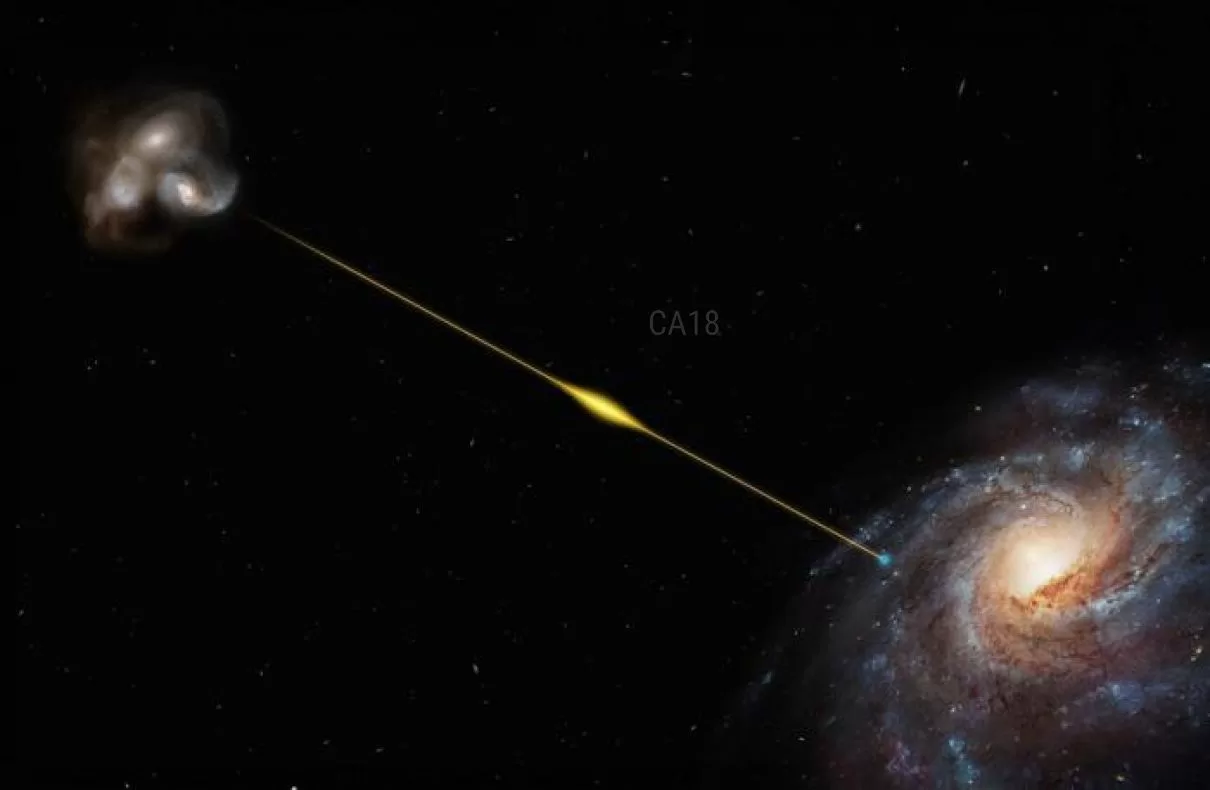MEXICO CITY (Process).–In recent days Miguel Badillo published in Contralínea, the magazine he has directed since its foundation, a singular journalistic piece on the Morena presidential candidate Marcelo Ebrard. There would be nothing new for this text to be generated in the current pre-election circumstance for the Presidency of the Republic. I am struck, however, by the author and the arguments he puts forward to question a resolution of the ministerial authority, which is why he calls for some reflections. Let’s see.
First. I have known Miguel Badillo for a long time. I have great professional respect for him and consider him a solid investigative reporter, perhaps one of the best in the country. So I also know of his commitment to the academic and professional improvement of his work team, which is a practice as exceptional as it is commendable. On this occasion, however, I am surprised by his journalistic work that departs, from my point of view, from the work that he usually does.
I clarify that I do not know Marcelo Ebrard. I have never crossed a word with him, but I have a positive opinion because he has surrounded himself with people with great lights. Such is the case of Martha Delgado, with whom I have coincided years ago in some causes, such as the promotion of transparency two decades ago. Martha was – she still is – hardworking, intelligent and committed to the public interest. Come on, I have already said it on other occasions, she has recently contributed to the country in the management and obtaining of vaccines against covid-19 in a particularly complex situation. And Mexico is indebted to this brilliant woman who translated the right to life and health into action, which is no small feat. It is for this reason that the old advice of tell me who you’re with and I’ll tell you who you are makes sense.
I also make it clear that I have not received anything from Martha nor do I have any relationship that could, for that very reason, have some kind of conflict of interest. Of course, I am one more beneficiary, like millions of Mexicans, of her work at the Foreign Ministry. Hence, it is understandable that he has a pleasant impression of Ebrard.
Second. Miguel Badillo’s journalistic garments are inversely proportional to his legal knowledge, a task in which he ventures as a criminal lawyer. That is why, when formulating his analysis of the preliminary investigation – now called the investigation file – for the presumed commission of crimes by Marcelo Ebrard that was opened and developed by the then Attorney General of the Republic (PGR) in the past six-year term, there are errors in the scope and meaning of an exercise of this nature.
From the outset, although it is true that all acts of authority can be subject to scrutiny and criticism, it is also true that in the case of a reflection of wide public dissemination it would be appreciated if it were done with elements of judgment typical of the discipline under study. . In the analysis that is carried out of the aforementioned preliminary investigation of the PGR –today the Attorney General of the Republic– and of the reasoning that led the Public Ministry to resolve the non-exercise of criminal proceedings, it was concluded that the conducts displayed by Ebrard they did not update the criminal types of which the Financial Intelligence Unit (FIU) of the Ministry of Finance had filed the corresponding complaint so that the PGR could assess whether or not their corresponding prosecution was appropriate.
It should be remembered that, since custodial sentences are involved, Article 14 of the Constitution provides that: “In criminal trials it is prohibited to impose, by simple analogy, and even by majority of reason, any penalty that is not decreed by a law exactly applicable to the crime in question”. This is what is called the principle of legality.
Third. Assuming that the FIU had disagreed with the non-exercise of criminal action, it had the opportunity to challenge that ministerial resolution under the terms of article 258 of the National Code of Criminal Procedures before the control judge so that in a hearing it could be resolved if that attribution of the then PGR was adjusted or not to law. There is no record that this challenge was filed at the appropriate procedural moment, which is why it must be understood that the victim (the FIU) was satisfied with the aforementioned resolution. And in this logic, it lacks any legal relevance and even genuine journalistic interest to require Marcelo Ebrard to pronounce himself outside the procedures established by law on a fully concluded matter and that, if he had incurred in establishing a position on such resolution where there was no inconsistency either by the then PGR or by the FIU itself as a victim, a media trial would have been generated that has no basis in any regulatory provision, since as it is a well-explored law, no one can be tried twice for the same crimes. If that were the case, there would have been a serious impact on the principle of legal certainty and the rule of law. In short, there is no theme. To what follows.
@evillanuevamx




